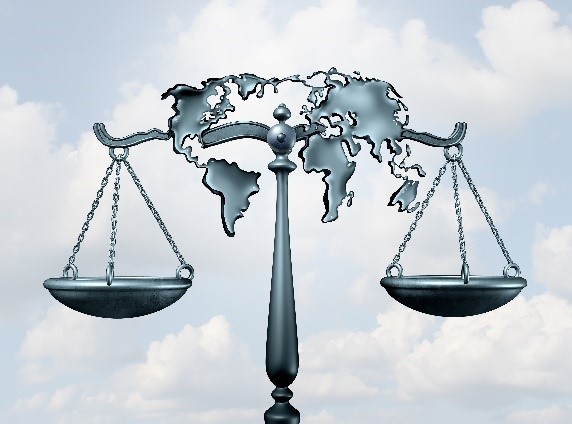
International courts and arbitration institutions have taken measures to adapt their activities in response to the COVID-19 pandemic, including postponing physical hearings, enhancing online hearing capabilities, prioritising urgent cases, and extending time limits for proceedings.
On 20 March 2020, the International Court Justice (ICJ) adopted measures to ensure the continuity of its mandate, while aiming to protect the well-being of its members. There will be no physical hearings before the ICJ until at least 16 April 2020, and official travel for Court and Registry personnel has been suspended. These measures are subject to review, depending on how the situation develops.
On 24 March 2020, the International Centre for Settlement of Investment Disputes (ICSID) released a brief guide to its online hearing services, for use in the coming months. All participants may join a hearing remotely – with no special software or hardware required – and will have the ability to share audio and video content, including PowerPoint presentations. Real-time transcripts of proceedings will be provided by a virtual court stenographer and an IT team will be present throughout an online hearing. ICSID also clarified that online hearing services will be available for proceedings conducted under UNCITRAL and other non-ICSID Rules. Furthermore, ICSID has encouraged parties and tribunals in pending cases to discuss the use of online hearing services.
On 19 March 2020, the Court of Justice of the European Union (CJEU) temporarily changed the working arrangements for its two constituent courts: the Court of Justice and the General Court. Court of Justice time limits prescribed in all non-urgent ongoing proceedings will be extended by one month. Time limits to be fixed by the registry of the CJEU will also be extended by one month. Hearings before the Court of Justice listed to take place prior to 3 April 2020 will be postponed. Urgent cases before the General Court will be dealt with as a matter of priority, and time limits to be fixed by the registry of the CJEU “shall be adapted to the context of the unprecedented health crisis”. For both the General Court and the Court of Justice, procedural time limits for instituting proceedings and lodging appeals will continue as before, though this is without prejudice to a party’s right to prove unforeseeable circumstances or force majeure pursuant to Article 45(2) of the Protocol on the Statute of the CJEU.
Fietta will continue to report on measures adopted by international courts and arbitration institutions in the coming weeks.
The ICJ’s changes are available here
ICSID’s guide to online hearing services is available here
The CJEU’s changes are available here
